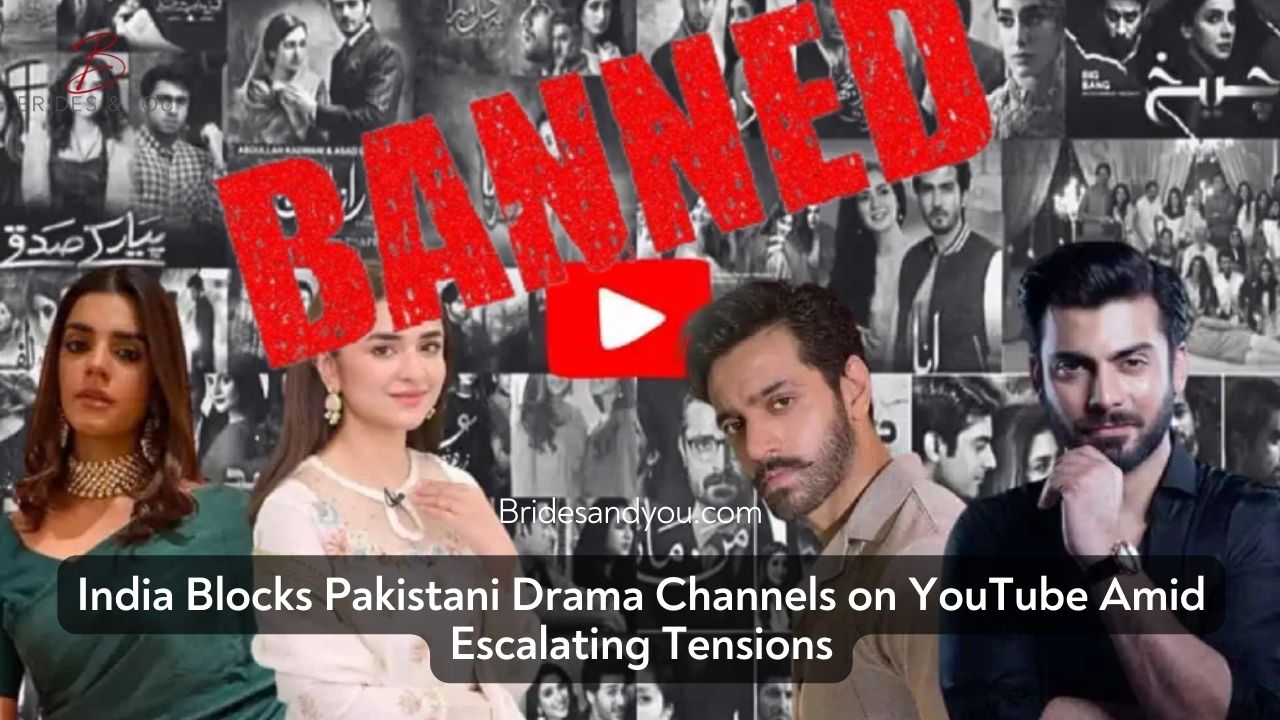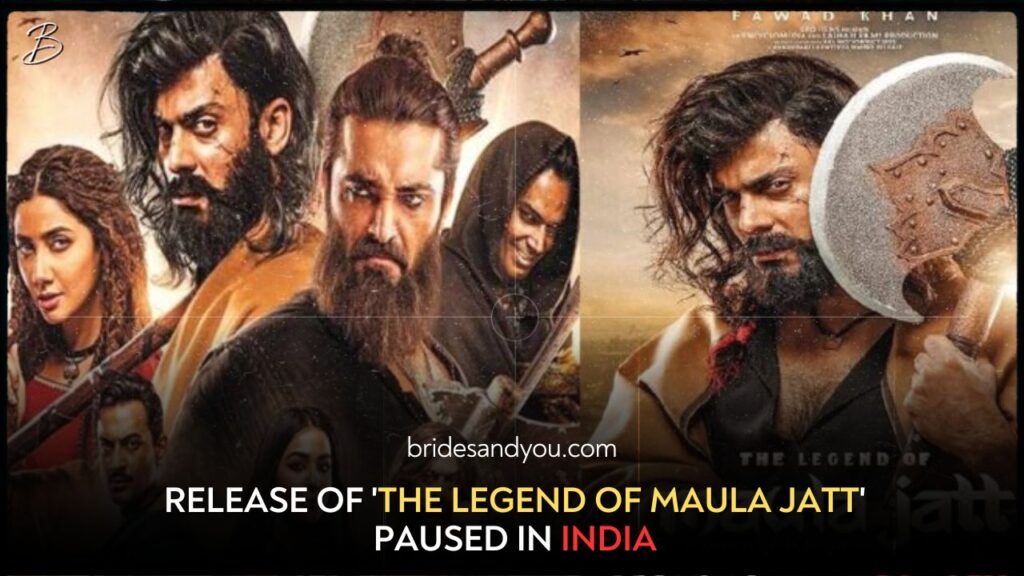Now Reading: India Bans Pakistani Drama Channels on YouTube: A Cultural Cut-Off That Hurts Millions
-
01
India Bans Pakistani Drama Channels on YouTube: A Cultural Cut-Off That Hurts Millions
India Bans Pakistani Drama Channels on YouTube: A Cultural Cut-Off That Hurts Millions

India Bans Pakistani Drama Channels on YouTube: What It Means for Cross-Border Entertainment and Fans
In a move that has stirred emotional reactions across both borders, India has officially banned several Pakistani drama channels on YouTube. This decision, reportedly recommended by India’s Ministry of Home Affairs, came shortly after the April 22 attack in Pahalgam and signals a sharp escalation in media censorship between the neighboring countries.
Beloved Drama Channels Silenced
Among the affected channels are some of Pakistan’s most iconic entertainment networks—ARY Digital, Har Pal Geo, and Hum TV—all of which had a massive Indian viewership. Pakistani dramas, known for their soulful storytelling, strong emotional resonance, and family-centric themes, had cultivated a deeply loyal fanbase in India over the past decade.
Now, Indian viewers trying to access these channels on YouTube are met with a stark message:
“This content is currently unavailable in this country because of an order from the government related to national security or public order.”
A Cultural Disconnect for Millions
The decision to impose the Pakistani drama YouTube ban is more than just a political maneuver—it has cultural consequences. Shows like Zindagi Gulzar Hai, Mere Humsafar, Tere Bin, and Humsafar were not just entertainment; they became an integral part of family evenings, discussions, and even social identity for countless Indian households.
Actors like Fawad Khan, Mahira Khan, Wahaj Ali, and Yumna Zaidi had become beloved figures, transcending borders through their art. Their characters brought stories of love, hardship, and hope into the lives of people far from their homeland.
Inconsistencies and Concerns
Interestingly, the ban hasn’t been uniformly applied. Some Indian internet service providers, such as Jio, still allow access to these channels, leading many to question the seriousness—or the political symbolism—of the ban. Is this a firm governmental stance or a selective censorship aimed at stirring public sentiment?
Earlier this year, India had already blocked 16 Pakistani YouTube channels for allegedly spreading “provocative or misleading content.” But many of those were political in nature. This recent clampdown extends to purely entertainment-based channels, raising alarms about the shrinking space for artistic freedom and cultural dialogue in South Asia.
A Pattern of Retaliation
This ban is part of a larger pattern of retaliatory actions following the Pahalgam incident. India has:
- Suspended cooperation under the Indus Waters Treaty.
- Banned Pakistani artists and actors from Bollywood.
- Now, halted digital entertainment exchanges.
Even the much-anticipated Indo-Pak collaborative film Abir Gulaal, featuring Fawad Khan and Vaani Kapoor, is reportedly shelved indefinitely.
The Resilience of Digital Content
Despite this setback, Pakistani content is proving resilient. Fans are finding ways to bypass restrictions through VPNs or alternate platforms. Global audiences from the UK, USA, Middle East, and beyond continue to consume Pakistani dramas, showcasing the undeniable global appeal of Pakistani storytelling.
Additionally, Pakistani platforms are expanding their own OTT services and digital outreach, creating stronger international pipelines for drama distribution.
Why This Matters
The Pakistani drama YouTube ban isn’t just about politics—it’s about the role of art and storytelling in connecting people beyond borders. For years, Pakistani dramas had created a rare soft space where Indian and Pakistani audiences could engage without hostility.
This sudden removal disrupts that harmony, replacing art with anger, and connection with conflict.
Conclusion: Let Art Rise Above Politics
As fans and creators mourn the loss of digital bridges, one thing remains clear—art should never be the casualty of political feuds. Pakistani dramas will continue to shine, not because of the platforms they’re hosted on, but because of the talent, truth, and tenderness they offer.
While governments may draw borders, stories have no boundaries. And somewhere, a fan is still finding a way to watch Tere Bin, proving that love for art can’t be banned.











